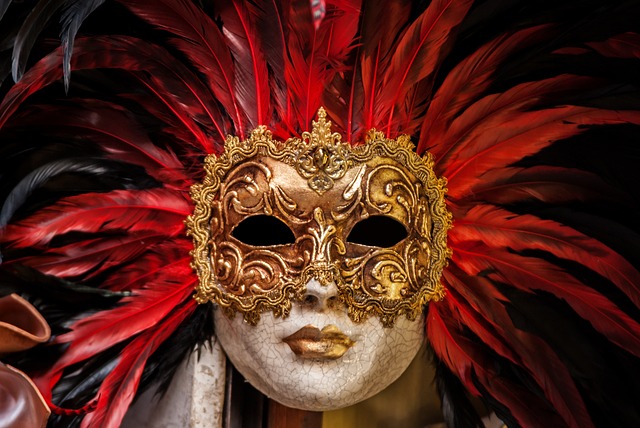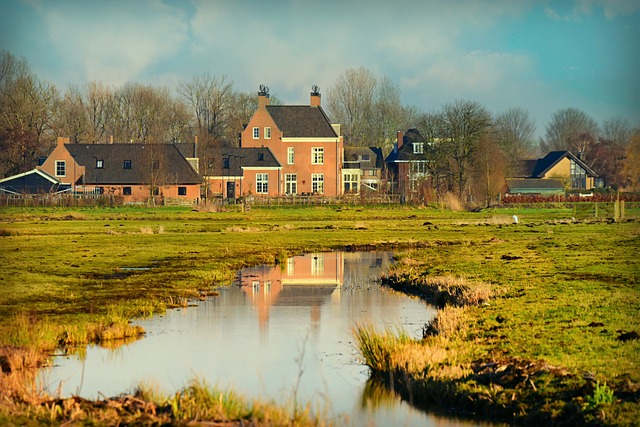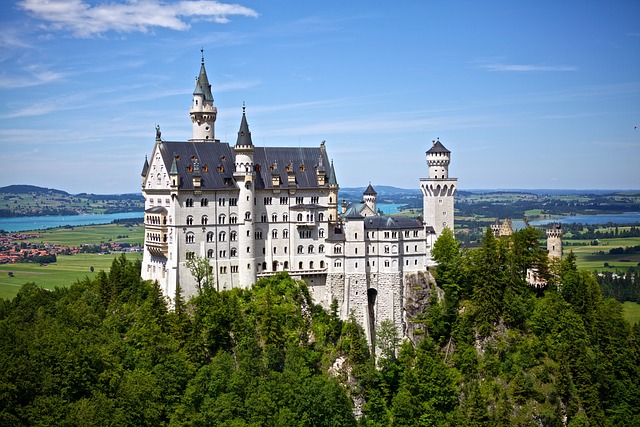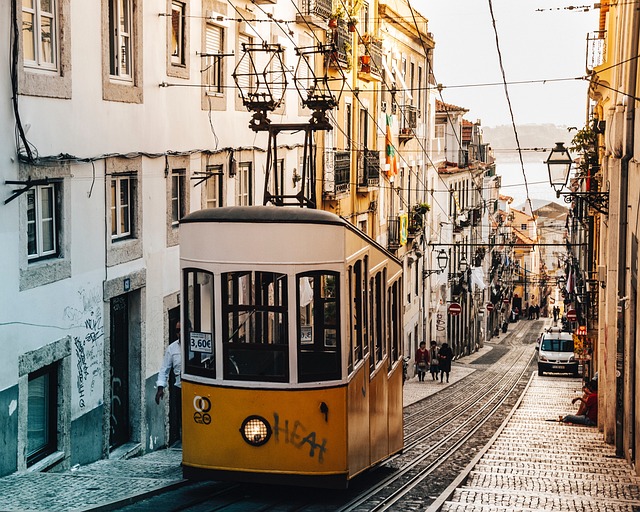Cultural Festivals and Events in the UK

The United Kingdom is a vibrant and diverse nation with a rich cultural heritage that is celebrated through a wide array of festivals and events throughout the year. From traditional celebrations rooted in centuries-old customs to contemporary festivals showcasing modern art, music, and food, the UK offers something for everyone. This article explores some of the most iconic and popular cultural festivals and events in the UK, highlighting their significance, history, and what makes them unique.
1. Traditional and Historical Festivals
A. Notting Hill Carnival (London)
- When: August (Bank Holiday Weekend)
- What: The Notting Hill Carnival is Europe’s largest street festival and a celebration of Caribbean culture. It features vibrant parades, elaborate costumes, calypso music, steel bands, and delicious Caribbean cuisine.
- History: The carnival began in 1966 as a way for the Caribbean community, particularly immigrants from Trinidad and Tobago, to celebrate their culture and heritage. It has since grown into a major event attracting millions of visitors.
- Highlights: The Grand Parade, sound systems playing reggae and soca, and the lively atmosphere of the streets of Notting Hill.
B. Edinburgh Festival Fringe (Edinburgh)
- When: August
- What: The Edinburgh Festival Fringe is the world’s largest arts festival, featuring thousands of performances across various genres, including theatre, comedy, dance, and music.
- History: Established in 1947 as an alternative to the Edinburgh International Festival, the Fringe has become a platform for emerging artists and a showcase for innovative and experimental performances.
- Highlights: The diverse range of shows, street performances on the Royal Mile, and the vibrant atmosphere of the city during the festival.
C. Bonfire Night (Nationwide)
- When: November 5th
- What: Bonfire Night, also known as Guy Fawkes Night, commemorates the failed Gunpowder Plot of 1605, when Guy Fawkes attempted to blow up the Houses of Parliament. Celebrations include bonfires, fireworks, and the burning of effigies of Guy Fawkes.
- History: The tradition dates back to the early 17th century and has evolved into a nationwide celebration with a mix of historical significance and festive fun.
- Highlights: Firework displays, bonfire parties, and traditional foods like toffee apples and parkin (a spiced cake).
2. Music Festivals
A. Glastonbury Festival (Somerset)
- When: June (usually)
- What: Glastonbury is one of the most famous music festivals in the world, featuring a diverse lineup of artists across multiple stages. It also includes theatre, circus performances, and a variety of other arts.
- History: First held in 1970, Glastonbury has grown from a small gathering of 1,500 people to a massive event attracting over 200,000 attendees.
- Highlights: The Pyramid Stage, the iconic Glastonbury Tor, and the festival’s commitment to environmental sustainability.
B. BBC Proms (London and Nationwide)
- When: July to September
- What: The BBC Proms is an eight-week summer season of daily classical music concerts and events, culminating in the Last Night of the Proms.
- History: Founded in 1895, the Proms aim to bring classical music to a wide audience, with affordable ticket prices and a relaxed atmosphere.
- Highlights: The Last Night of the Proms, featuring patriotic songs like “Rule, Britannia!” and “Land of Hope and Glory,” and the diverse range of performances at the Royal Albert Hall.
C. Isle of Wight Festival (Isle of Wight)
- When: June
- What: The Isle of Wight Festival is one of the UK’s oldest music festivals, featuring a mix of rock, pop, and indie artists.
- History: The festival gained legendary status in the 1970s with performances by artists like Jimi Hendrix and The Who. It was revived in 2002 and continues to attract major acts.
- Highlights: The eclectic lineup, the scenic location, and the festival’s rich history.
3. Literary and Arts Festivals
A. Hay Festival (Hay-on-Wye)
- When: May/June
- What: The Hay Festival is a celebration of literature and the arts, featuring talks, readings, and performances by authors, poets, and thinkers from around the world.
- History: Founded in 1988, the festival has grown into a major international event, often referred to as the “Woodstock of the Mind.”
- Highlights: The diverse program of events, the picturesque setting of Hay-on-Wye (known for its bookshops), and the festival’s focus on ideas and creativity.
B. Edinburgh International Book Festival (Edinburgh)
- When: August
- What: The Edinburgh International Book Festival is the largest public celebration of books and reading in the world, featuring author events, panel discussions, and workshops.
- History: Established in 1983, the festival has become a key part of Edinburgh’s cultural calendar, coinciding with the Edinburgh Festival Fringe.
- Highlights: The wide range of authors and genres, the festival’s commitment to promoting reading and literacy, and the vibrant atmosphere of Charlotte Square Gardens.
C. Turner Contemporary (Margate)
- When: Year-round (exhibitions and events)
- What: Turner Contemporary is a contemporary art gallery that hosts exhibitions, workshops, and events, celebrating the work of J.M.W. Turner and other artists.
- History: The gallery opened in 2011 and has become a cultural hub in Margate, attracting visitors from across the UK and beyond.
- Highlights: The stunning architecture of the gallery, the diverse range of exhibitions, and the connection to Turner’s legacy.
4. Food and Drink Festivals
A. Taste of London (London)
- When: June
- What: Taste of London is a food festival showcasing the best of the city’s culinary scene, with pop-up restaurants, cooking demonstrations, and tastings.
- History: Launched in 2004, the festival has become a must-visit event for food lovers, featuring top chefs and restaurants.
- Highlights: The opportunity to sample dishes from renowned restaurants, the interactive cooking sessions, and the vibrant atmosphere of Regent’s Park.
B. The Great British Beer Festival (London)
- When: August
- What: The Great British Beer Festival is the UK’s largest beer festival, featuring hundreds of real ales, ciders, and perries from around the country.
- History: Organized by the Campaign for Real Ale (CAMRA), the festival has been running since 1977 and celebrates the diversity and quality of British beer.
- Highlights: The wide selection of beers, the lively atmosphere of the Olympia London, and the opportunity to meet brewers and learn about the brewing process.
C. Ludlow Food Festival (Ludlow)
- When: September
- What: Ludlow Food Festival is a celebration of local and regional food and drink, featuring market stalls, tastings, and demonstrations.
- History: Established in 1995, the festival has become one of the UK’s premier food events, showcasing the best of Shropshire’s culinary heritage.
- Highlights: The focus on local produce, the picturesque setting of Ludlow Castle, and the festival’s commitment to sustainable and ethical food practices.
5. Seasonal and Regional Festivals
A. Hogmanay (Scotland)
- When: December 31st
- What: Hogmanay is the Scottish celebration of New Year’s Eve, featuring street parties, fireworks, and traditional customs like “first-footing.”
- History: Hogmanay has its roots in ancient Norse and Gaelic traditions and is one of the most important celebrations in Scotland.
- Highlights: The Edinburgh Hogmanay Street Party, the torchlight procession, and the singing of “Auld Lang Syne.”
B. St. Patrick’s Day (Belfast and other cities)
- When: March 17th
- What: St. Patrick’s Day is a celebration of Irish culture and heritage, featuring parades, music, dancing, and the wearing of green.
- History: The festival honors St. Patrick, the patron saint of Ireland, and has become a global celebration of Irish identity.
- Highlights: The Belfast St. Patrick’s Day Parade, traditional Irish music sessions, and the festive atmosphere in cities across the UK.
C. Diwali (Leicester and other cities)
- When: October/November (dates vary based on the lunar calendar)
- What: Diwali, the Festival of Lights, is a major Hindu celebration featuring fireworks, light displays, and cultural performances.
- History: Diwali has been celebrated in the UK for decades, particularly in cities with large South Asian communities like Leicester.
- Highlights: The Leicester Diwali celebrations, which are among the largest outside of India, the vibrant light displays, and the sense of community and togetherness.



